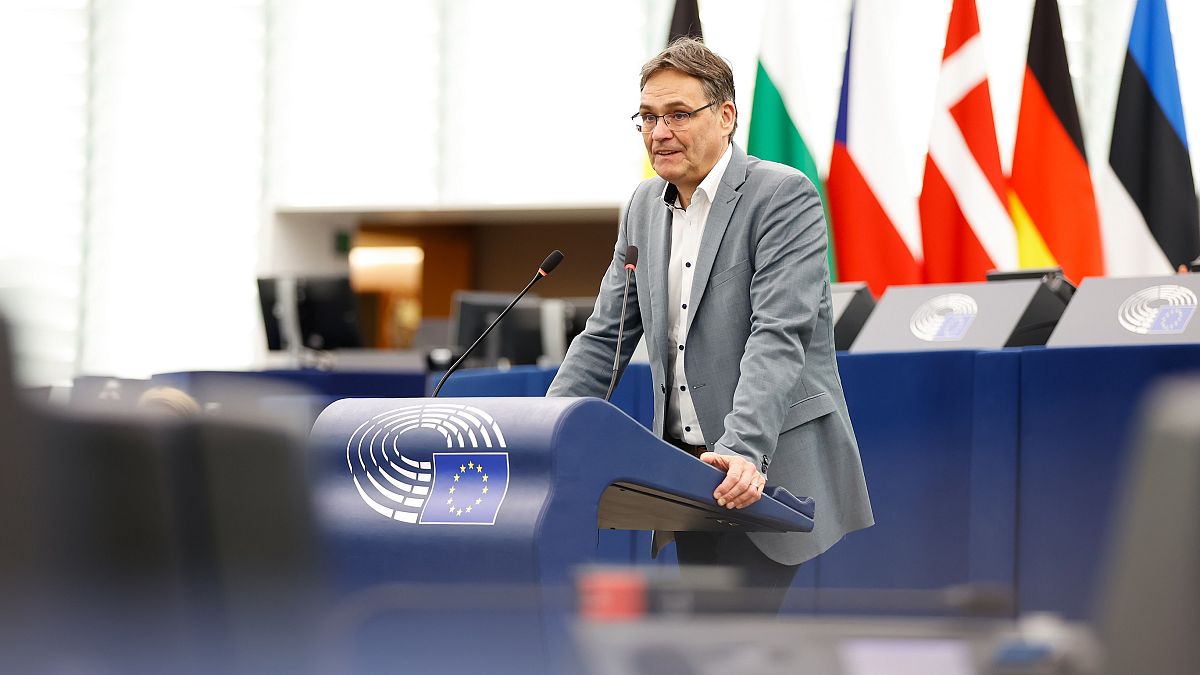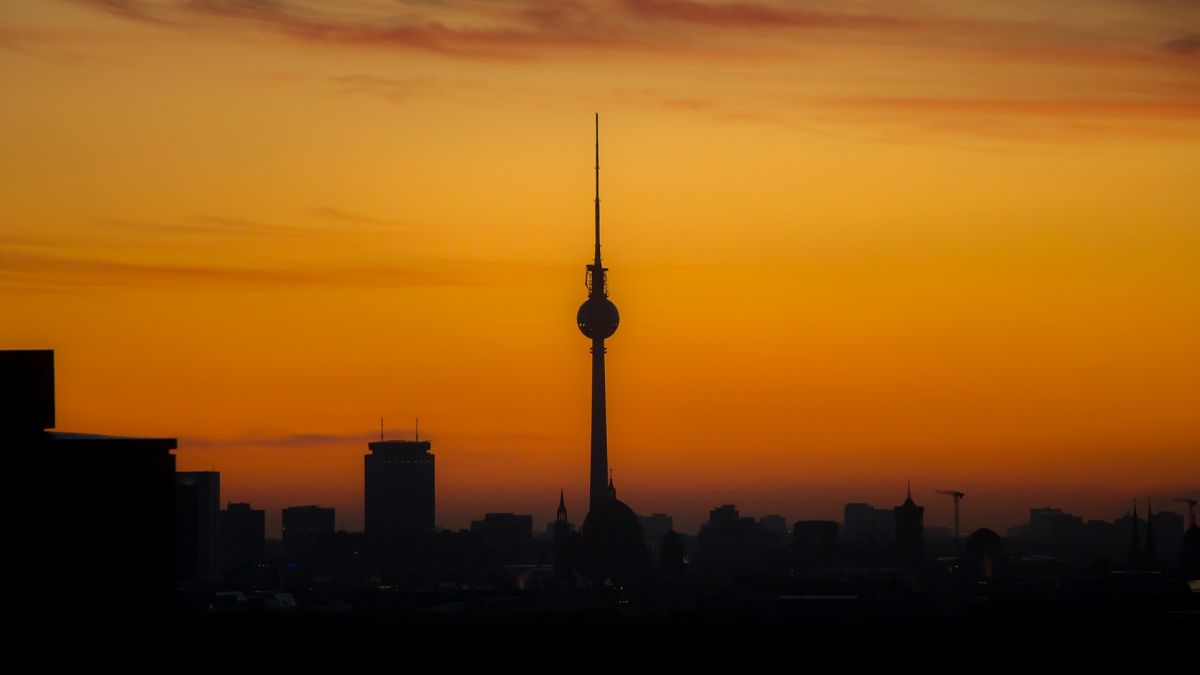COP29 debate signals planned 90% emissions cut could be a tough sell

With swollen ranks of newly emboldened far-right climate sceptics in the European Parliament, the main centre-right group in the European Parliament has also signalled its doubts over the viability of EU climate goals
The environment policy lead for the centre-right European People’s Party (EPP) said he is “not convinced” that the EU will be able to achieve a 90% emissions cut by 2040, during a debate on the recent UN climate summit in Azerbaijan.
German lawmaker Peter Liese was speaking in Strasbourg on Tuesday as the European Parliament discussed the COP29 agreement hammered out over a fortnight of fractious talks in Baku.
Climate commissioner Wopke Hoekstra has pledged to propose next year a binding target of a 90% emissions reduction compared to a 1990 baseline, the minimum recommended by the EU’s scientific advisory panel.
“I’m not convinced yet that that is a goal we are going to be able to achieve,” Liese said. Given the level of opposition to the EU’s climate policy among the swollen ranks of hard-line conservatives and the far-right, a lack of support from the EPP would effectively block the ambitious new target.
Liese added that any interim target for 2035 – which the EU is required to submit by February under the terms of the Paris Agreement – should be a realistic and based on thorough impact assessments.
Where Liese diverged from the far-right was on the reality of global heating. Elsewhere in the debate, Spanish Vox party lawmaker Jorge Buxadé twice refused to confirm that he believed in climate change.
For Liese, however, it was “one of the greatest challenges of our political generation”. The veteran MEP also dismissed criticism of the UN climate negotiation process and its annual COP summit.
“I haven’t met anyone who has come up with a better method,” Liese said.
Hoekstra said the stand-off between developing countries and small island nations who wanted an annual $1.3 trillion in financing from developed economies had almost ended the talks. “At many moments, particularly on the last evening, we were on the verge of collapse,” he said.
But even the ultimate agreement – $300bn a year from 2035 – was slammed by nationalist and far-right groups as potentially ruinous to Europe’s economy.
Several left-of-centre MEPs criticised the sum finally agreed, echoing swingeing criticism voiced by developing countries in Baku after the adoption of a financial package, which India dismissed as an “optical illusion” that poorer countries had been browbeaten into accepting.
Mohamed Chahim (Netherlands/Socialists & Democrats) appeared to agree. “At this tempo it will take a hundred years to get to the level of funding that we need,” he said.
The debate also saw pointed criticism of a process that handed the COP presidency for the third time in a row to a country whose economy is based upon fossil fuel extraction.
Annalise Corrado (Italy/S&D) said the EU’s own fossil fuel dependency meant it was unable to stand up to autocrats and human rights abusers.
Austrian Green Lena Schilling, another of a group of MEPs that met with Azerbaijani dissidents while in Baku, said she had received dozens of text messages from unknown Azerbaijani numbers since returning to Brussels, hailing the summit as a success and her criticism as a failure.
Schilling told the parliament that the international event had shone a light on the plight of imprisoned journalists and civil society actors. “You tried to use COP29 as a stage to greenwash your regime,” Schilling said. “You failed.”
Hoekstra closed by siding with MEPs who had stressed the importance of following the scientific consensus on climate change. “The cost of doing nothing will be much larger that the cost of action today,” he said.
World News || Latest News || U.S. News
Source link



